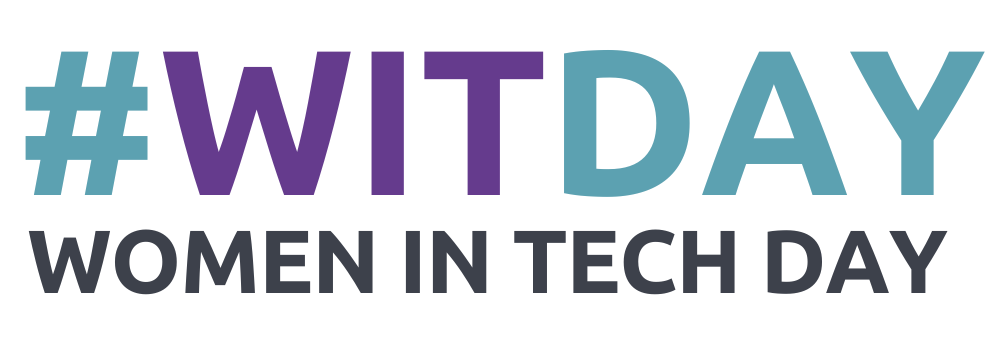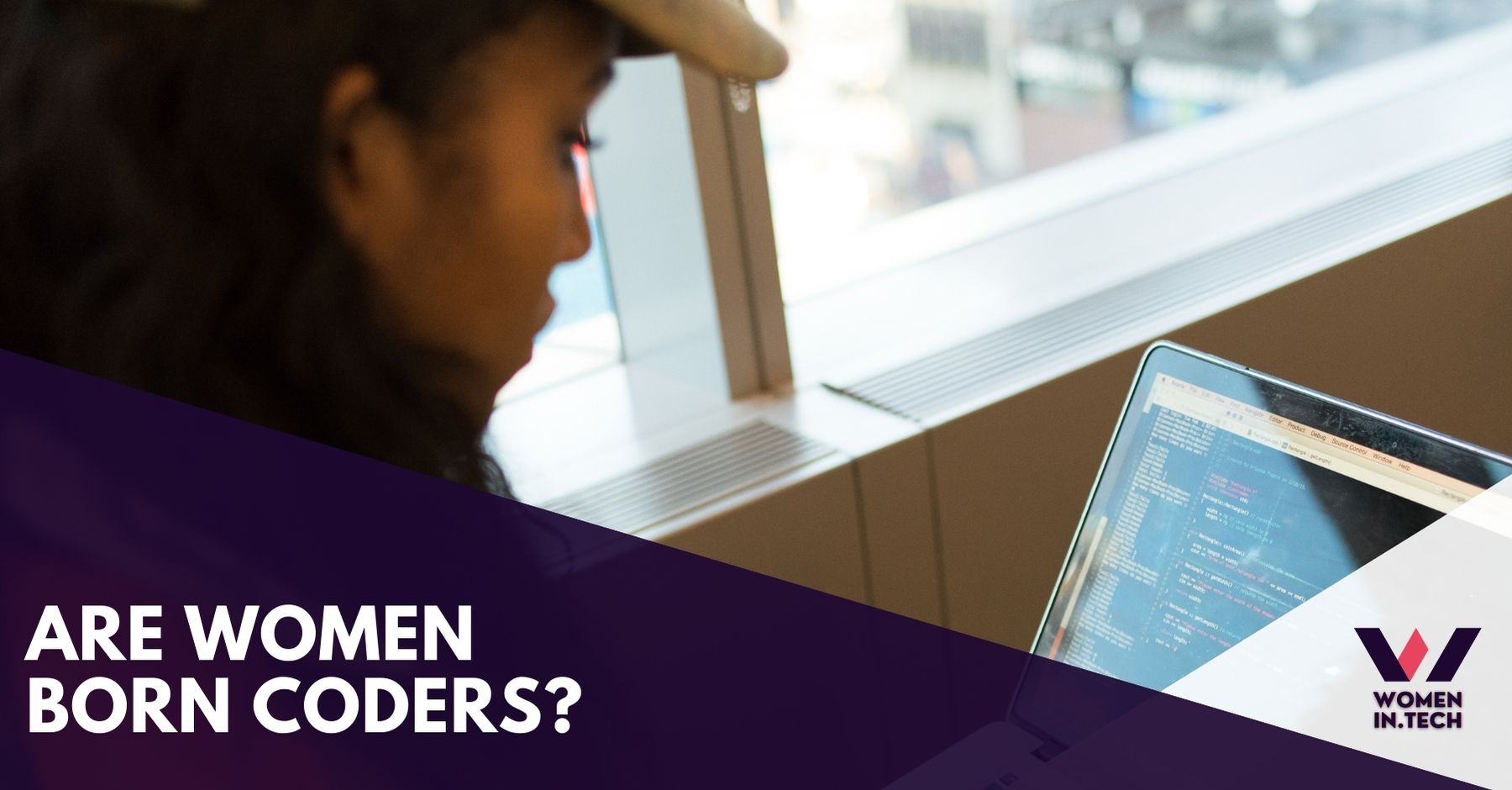There is a misconception that women aren't as good at coding, and tend to be more drawn to the arts. However, recent studies have shown that this isn’t true- in fact, female coders are better than male coders! In this blog post, we will discuss some of these findings and why it's so important for women who code.
In recent years, the technology industry hasn't been able to overlook a startling study that found that codes created by women are more likely to be accepted than those developed by males, with a difference of 74% to 71%. Until it's disclosed that the developer is female, though, the rate drops to 62.5 percent.
Despite popular beliefs to the contrary, women are genetically predisposed to coding. Here's why.
Communication Skills
Women are more likely to be born communicators, and they frequently outperform males in this area of expertise. According to studies, early hearing skills development may translate into effective conversation skills rather than fostering monologues.
Communication is crucial for software engineers. The ability to construct a conversation with the operating system, expressing their instructions clearly and concisely, is essential. In coding, making an error may result in bugs or system failures, which necessitate hours of scrolling through lines of code to comprehend what went wrong. A developer must be able to chunk down a conversation with the computer in order to deal damage control when an issue emerges.
Passion for Growth & Technology
You must have a burning desire to succeed as a programmer if you want to be successful. It's not possible to work on something you enjoy and pay your bills for a few years before moving on to something else. When women discover something they love, they become passionate and driven. That tenacity has translated into a commitment to learning, development, and exceeding expectations.
Women in Tech must be ready to accept new challenges and develop their talents as a developer in an ever-changing technological world. Whether it's learning a new programming language or researching APM for their apps, as seen in this resource: what is application performance management (APM). Finding the motivation to do so is, therefore, essential. Passion for programming is required in order to discover the desire to pursue this line of work.
Problem Solving Skills
At the Women in Tech Awards, Anna Radulovski's speech resonated with women everywhere. She went on to say how aggravating it is to watch movies or read a script in which the female protagonist asks, "what do we do now," and whines for help. The truth is that women are more often than not the problem-solvers in situations, assessing a problem and proposing a solution.
In computer programming, the same attitude is required. Even for experienced developers, coding isn't always simple. As you explore new frontiers, issues arise. There isn't always a hero to go to and ask, "what do we do now?" Programs that are difficult need to be evaluated and a solution must be found, which most women are good at doing.
Adaptability
Women have the ability to adapt to a variety of situations and circumstances, which is an essential skill in the tech sector. They can work on their own as well as in collaboration with others. They're skilled at handling high-pressure situations, and their resilience is remarkable under stress. In software development, you must be ready to adjust to the resources you have available, the project's time and budget limitations, the team you're working with, your environment, and so on. When it comes to change, women are typically more flexible, agile, and resilient.
The Desire to Prove Oneself
Women in Technology are well aware that they will have to work hard. They are entering an industry dominated by males in which their abilities are frequently overlooked. Because females have not been given the chance to grow, many of them lack more developed skills. Despite the fact that technology is changing for the better and gender diversity is becoming a priority in the industry, there's still a long way to go.
What does this signify for female coders wanting to work in IT? It implies that they have a strong desire to prove themselves and demonstrate that they are on par with the male tech industry. If you look past the jargon, you'll notice ambition, drive, tenacity, and dedication, all of which may be seen in their code.
Women Were the First Programmers
For those who aren't familiar with this, coding was a key part of World War II, using some of the world’s first computers to calculate missile ballistics trajectories. In the early days of computing, it was men who didn't want to do the laborious job with the system and handed it off to women. The women in charge of this task throughout World War II had no formal training; they had to figure out how to code a rudimentary computer language via trial and error.
While the inventors received the credit for this invention, women were pushed into the background. Many of them would continue to work in software development and computer programming education without receiving proper credit for their contributions throughout World War II until many years later.
COBOL was created by Dr. Grace Hopper, the first programming language. Programming was thought of as comparable to sewing or “other lady pastimes” while she was alive. As more demand for technical employees emerged and consumer goods began being marketed towards males, the mentality changed, and women were eventually pushed out. If you've ever questioned a woman's ability to succeed in the tech business, know that it was founded by women in the first place.
Women in Tech, Diversity & Inclusion
The technology sector is still a long way from being balanced. Fortunately, there is a slew of initiatives available to assist young ladies and women make the shift into STEM fields and society is undergoing a paradigm shift that values diversity in the workplace.
Join our global community of women in tech worldwide.

